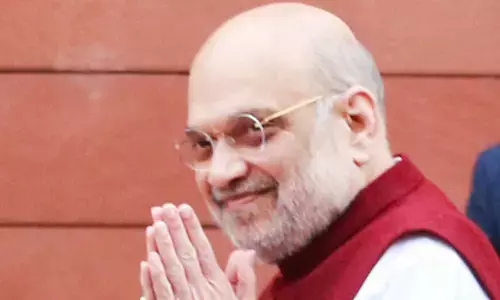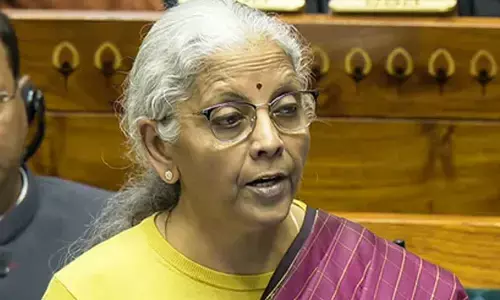Spirituality in the 21st century: Beyond tradition and technology

Modern spirituality is evolving beyond religious institutions, embracing meditation, mindfulness, and digital tools. While it offers personal growth and connection, commercialisation and individualism pose challenges. Blending ancient wisdom with scientific validation, spirituality today serves as a bridge to meaning, resilience, and inner peace in an increasingly chaotic world
In the frenetic pace of the 21st century, where screens illuminate our faces more often than the sun, the concept of spirituality has become both a refuge and a revolution. It is no longer confined to ancient rituals or monastic retreats but has evolved into something deeply personal, diverse, and dynamic. Modern spirituality offers a counterpoint to the hustle, encouraging introspection in an age of external validation.For centuries, spirituality was often synonymous with organized religion. Temples, churches, and mosques were the primary sanctuaries for seekers. Today, many people, especially younger generations, are detaching spirituality from religious institutions. 62% of 18- to 24-year-olds describe themselves as “very” or “fairly” spiritual, while only 13% of those under 25 identify as atheists. This shift reflects a desire to find meaning without adhering to rigid doctrines.
Yoga classes, meditation practices, crystal healing, and even plant-based diets are now considered spiritual practices. These modalities cater to a yearning for connection—not just with a higher power, but with oneself, others, and the Earth. Social media has also played a role, with online platforms becoming hubs for spiritual discourse, blending ancient wisdom with contemporary accessibility.
Ironically, in a world dominated by technology, digital tools have become vehicles for spiritual exploration. Meditation and mindfulness apps bring ancient practices to the masses, while AI-guided platforms offer personalized spiritual counseling. Virtual communities have also become support systems for seekers across the globe.
However, this digitalization comes with its own challenges. Critics argue that the focus on aesthetic rituals and self-branding can dilute the authenticity of spiritual practices, reducing them to commodities in a marketplace of trends.
Modern spirituality is also being reframed in scientific terms. Neuroscientists have uncovered links between meditation and increased grey matter in the brain, while psychologists advocate for mindfulness as a tool to combat anxiety and depression. By grounding spirituality in empirical evidence, skeptics are finding new reasons to embrace practices they once dismissed as mystical.
Despite its inclusive appeal, modern spirituality is not without its pitfalls. The individualistic focus, while empowering, sometimes neglects the collective aspect of traditional spirituality, which emphasized community and shared purpose. Additionally, the commercialization of spiritual practices can lead to appropriation and a loss of cultural significance.
Nevertheless, the beauty of today’s spiritual renaissance lies in its flexibility. Whether it’s through meditation, journaling, prayer, or simply watching a sunrise, spirituality offers a way to pause, reflect, and find clarity amidst the chaos.
As humanity grapples with existential crises—climate change, political unrest, and an epidemic of loneliness—the need for connection, meaning, and hope has never been greater. In this fragmented yet interconnected world, spirituality is a bridge. It reminds us that, beyond the noise of notifications and deadlines, there exists a quiet space within each of us. Finding that space—and nurturing it—might just be the modern soul’s greatest pursuit.














